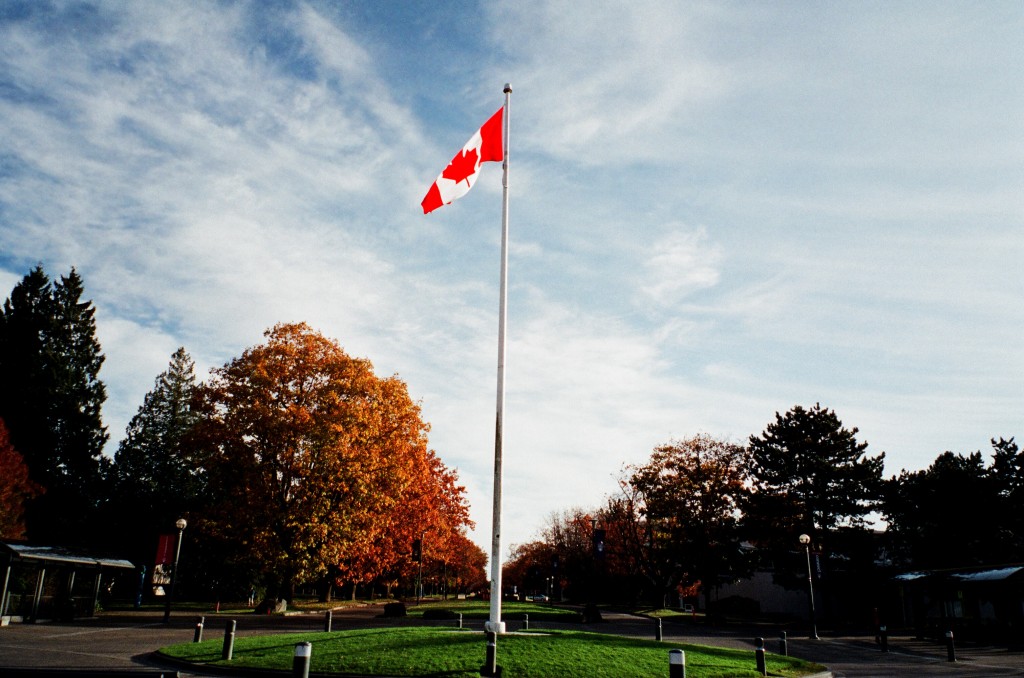Hello there,
I’m Kayi and this is my blog for the distance learning course on Canadian Literary Genres, ENGL 470A, which is taught by Dr. Erika Paterson. As stated on the course website, the course will give students the opportunity to learn about the relationships between “land” and “home”, and the different relationships people living in Canada have with these concepts. Through our readings, which include a combination of literary fiction and non-fiction, students will learn about the power of storytelling and literature—how much power it gives, and how much power it robs.
A quote that I keep coming back to, as I consider the implications of any form of language-making and storytelling, is a quote found in an essay by Gloria Anzaldúa. In it she cites Ray Gwyn Smith, who once said, “Who is to say that robbing a people of its language is less violent than war?” Although in this context the author is discussing the colonization of languages, “mother tongues” or “native languages”, I often go back to this quote whenever necessary, which happens frequently as I am a privileged, university student sitting in an ivory tower. As a reader or writer, I feel the need to investigate, analyze, and question closely the re-telling and the publishing of the stories, histories, experiences of marginalized groups and communities.
One of the first thing that strike me while I was reading everyone’s introductions, the course description and unit 1 is that, my experience and relationship with—not just Canada—but more importantly with the concepts of home and land seem to be rather complex (not unlike many other students). I do not possess any straight-forward relationship or allegiance with any “land” or “home”. This comes as no surprise as I have lived in four different cities/countries, in three different continents, throughout my twenty-six years of living. I have lived and am still living in a constant diasporic state. This is a consciousness that I have no intention of complaining about as its disadvantages coexist with its benefits. It is going to be interesting and enriching for me to read a wide range of writings coming from different voices (fellow classmates of the courses, and the authors of our readings), who all have somewhat different relationships and ties with Canada, whether it is geographical, familial, ancestral, colonial, etc.
The idea of mixing social media and academic work, though makes a lot of sense for our time, still seems like a rather daunting task. Clearly, social activism has utilized and is continuing to use social media as a medium. However, the internet and social media platforms also have the tendency to be breeding grounds for unproductive ranting and arguments. This course and blog would be great opportunities to discover where that danger lies, and how to use the blogosphere and world wide web for political or literary discussions productively.
Cheers,
Kayi
The Blogging Rookie
Works Cited
Anzaldúa, Gloria. “How to Tame a Wild Tongue.” Borderlands/La Frontera: The New Mestiza. San Francisco: Aunt Lute Books. 1987.53-64. Print.
Paterson, Erika. ENGL 470A Canadian Studies: Canadian Literary Genres. University of British Columbia, 2014. Web. (https://blogs.ubc.ca/engl470/)


5 responses to “1:1 Introduction”